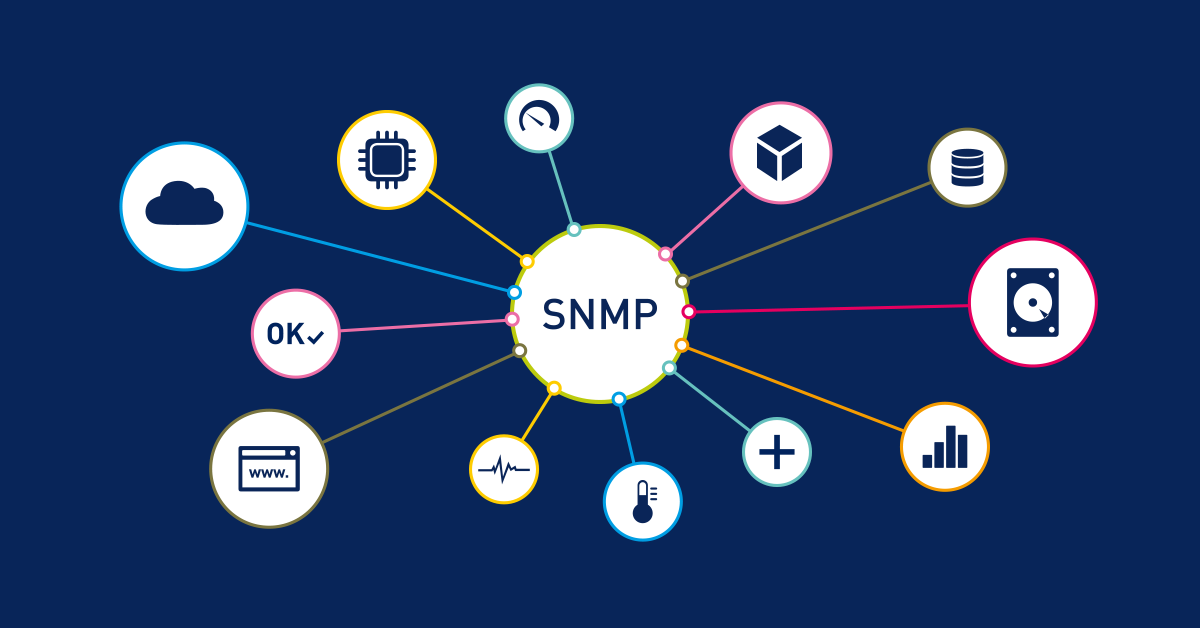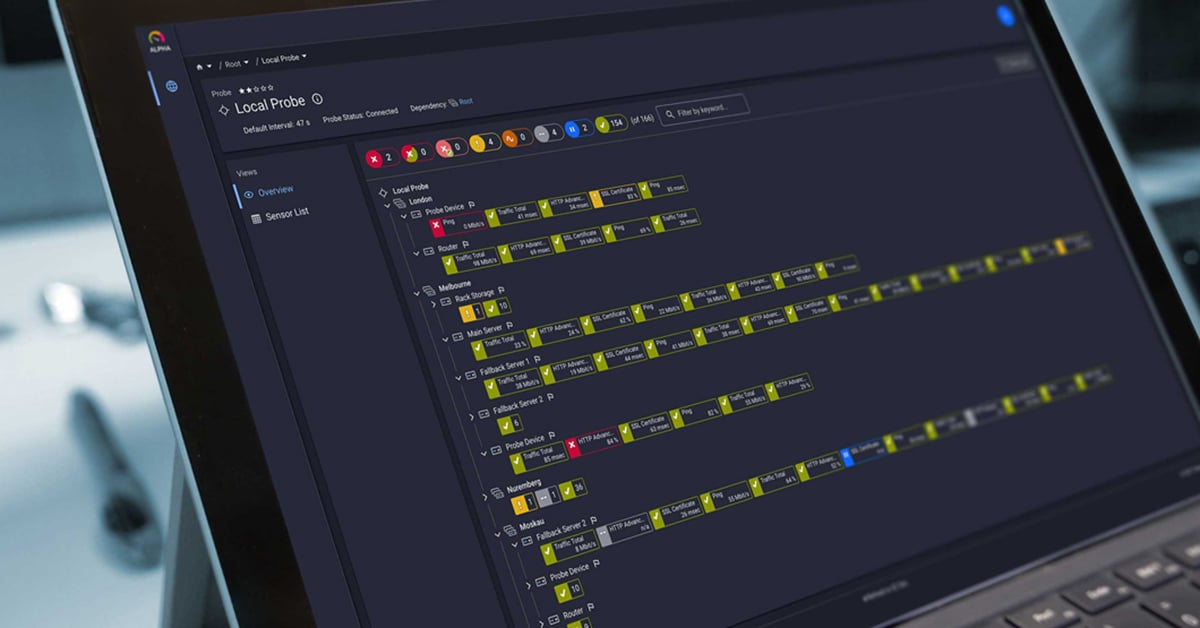You may feel as if you have come to a dead end in your career as a systems administrator, or maybe you feel like you are stuck in a rut.

1. Understanding Excellence
What is excellence and why should you strive for it? That is the question that you need to ask every day when you arrive at your job as a Sysadmin, responsible for so much of your company's well-being. Understanding the word itself is fairly simple, and the dictionary definition is fairly straightforward.
ex·cel·lence
ˈeks(ə)ləns/
noun
noun: excellence
the quality of being outstanding or extremely good.
archaic
an outstanding feature or quality.
However, knowing of and possessing the diverse qualities that combine to make a truly excellent sysadmin can be much more complicated. To give a little bit of context, we have to look back to how the ancient Greeks defined excellence, a concept they called eudaimonia.
Eudaimonia (Greek: εὐδαιμονία [eu̯dai̯moníaː]), sometimes anglicized as eudaemonia or eudemonia /juːdᵻˈmoʊniə/, is a Greek word commonly translated as happiness or welfare; however, "human flourishing" has been proposed as a more accurate translation.
As you see, simply being competent and good at your job does not constitute being excellent. Excellence is a pursuit, a constant process where you seek to flourish and advance the field. When excellence is defined thus, it can seem pretty daunting. When you are having your first cup of coffee in the morning and staring at your to-do list excellence may not be the first thing on your mind. When so much of your energy is expended on a daily basis simply performing the tasks necessary to ensure system functionality, it may not be clear when you will have the time or ability to do something so ambitious as to elevate your standing in your occupation. Understanding this is the first step toward excellence in all that you do.
2. Never Wait for a Crisis
It has become a chestnut in motivational speaking to state that in a crisis there is opportunity. However, opportunity is everywhere and never takes a vacation. Although there may be wisdom in being prepared to bring your very best skills to the problem when there is a network outage, you should also be prepared for the long periods of time when everything is going according to plan. Use these times to visualize what could go wrong and what you will do when it does. You will find that it will be more than a matter of simple mental preparation. When you go through your troubleshooting steps you may find gaps in either your own knowledge, available reference material, or even necessary equipment and replacement components. Making this a daily practice will not only fill the gaps in your day when nothing essential needs to be performed but also enhances your preparedness for the inevitable outages that every system eventually faces.
3. Commit to a Lifelong Education
Whether this is your first year as an administrator or your 20th, you will find that there is always something to learn. IT systems develop at an accelerating scale and being an absolute expert in the field as it was five years ago may not be as impressive as it looks on paper. This could take many forms, whether it is actually attending formal classes during your off hours or keeping up with innovations in the trade magazines. Sometimes the only way to stoke this fire in yourself is to try and educate those around you. Taking some time every month to generate some kind of educational material, whether it is something as simple as a powerpoint presentation or as complicated as a technical manual, will make you take the time to do some measure of research and broaden your own horizons in some way. Just keep in mind that you are never done with learning in the IT industry and there will always be something else that you can learn to further excel in your practice.
4. Connect With Your Peers
Systems administration can be a lonely occupation. Even when you have co-workers who understand your role and are as enthusiastic as you are about computer science your position can necessarily be isolating, keeping you out of the social loop of the company as you work in the literal or figurative basement of what makes the company function. Finding a way to connect with tech-savvy co-workers not only makes friends but also provides occasions for thinking about computer systems, breaking down their functions, and isolating opportunities for advancement or upgrades of existing systems.
5. Use Your Imagination
When all else fails, use your imagination. Earlier we talked about visualizing what could go wrong when everything was going right. The same process can be applied when looking for ways to improve user experience and increase system availability. Even if a particular system is sufficient to a task that it is applied to, try to imagine how it could do it better. Once you do, it will be easier to structure a process for actual improvement. It may be that you need a scalable system in place to increase resources to meet demand, or perhaps a new and improved operating system that has become the industry standard is neither new nor improved. The possibilities for improvement really are limited only by your imagination.
 Published by
Published by 






